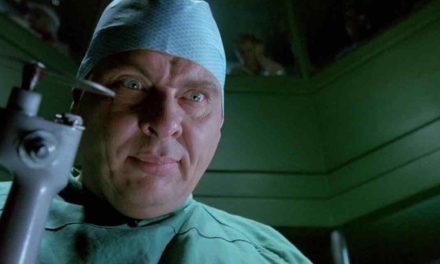
Well, it’s official, if not actually surprising. Warner Bros. officially pushed back the release of Wonder Woman 1984 once again. The film now plans a December 25 theatrical debut.
The Wonder Woman sequel, originally intended as a summer blockbuster, was previously pushed to an October release. Now, with movie theaters in key markets still closed, Warner Bros. delayed the film again until Christmas.
“First and foremost let me say how much Gal [Gadot] and I love all our devoted Wonder Woman fans around the world, and your excitement for WW84 couldn’t make us happier or more eager for you to see the movie,” director Patty Jenkins said.
Jenkins went on to say how important it was that fans have the opportunity to experience the film in theaters. (She had previously made this assessment during DC FanDome last month as well.)
“Because I know how important it is to bring this movie to you on a big screen when all of us can share the experience together, I’m hopeful you won’t mind waiting just a little bit longer. With the new date on Christmas Day, we can’t wait to spend the holidays with you!” continued Jenkins.
Wonder Woman and the Ongoing Theater Issue

Since the COVID-19 pandemic hit, studios have scrambled to reassess and shake up their theatrical debut plans.
Warner Bros. recently risked releasing Christopher Nolan’s Tenet to theaters. The debut marked the first major blockbuster to hit theaters since closures began back in March. The Labor Day weekend premiere brought in around $20 million. Not nothing, but nowhere near what Warner Bros. would normally expect to rake in from a blockbuster dropping on a holiday weekend. Undoubtedly, Tenet’s lackluster performance influenced the studio’s decision to hold off on releasing Wonder Woman 1984.
Though nearly 70% of movie theaters in the US have reopened, key markets like Los Angeles and New York remain closed. And of course, most theaters that are open will be operating at a reduced capacity. Overall, analysts suggest releasing big budget flicks like Wonder Woman now isn’t profitable to the studios.
And if the studios won’t profit…we don’t get the movie.
Source: Variety




![Get Ready For A Possession Pool Party In ‘Night Swim’ [Featurette]](https://www.thathashtagshow.com/wp-content/uploads/2024/01/unnamed-440x264.png)
